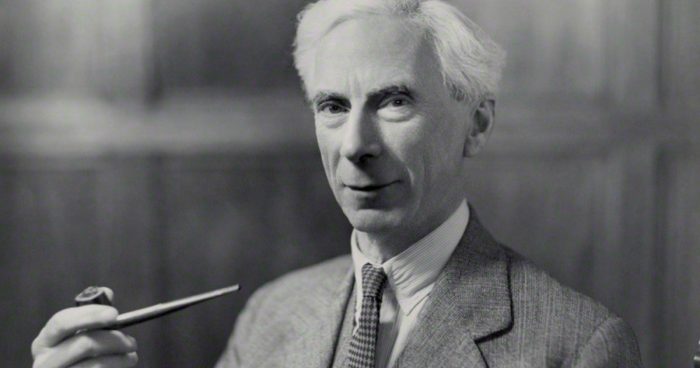Last year’s Fred Rogers documentary, Won’t You Be My Neighbor, propelled François Clemmons—better known to generations of Mister Rogers Neighborhood viewers as Officer Clemmons—back into the international spotlight.
One of the most striking anecdotes in the doc concerns a 1969 episode in which Mister Rogers, who was white, invited Officer Clemmons, who is black, to join him in soaking his bare feet in a backyard baby pool on a hot summer’s day.
It was one of those giant leaps for mankind moments that passes itself off as a homey, fairly unremarkable step, though as Clemmons told his friend Karl Lindholm in a StoryCorps interview, Rogers understood the powerful message this gesture would send.
Likewise, his choice of Clemmons to embody a friendly cop for his television neighborhood, a part Clemmons, who played the role for 30 years, was initially hesitant to accept:
Fred came to me and said, “I have this idea, you could be a police officer.” That kind of stopped me in my tracks. I grew up in the ghetto. I did not have a positive opinion of police officers. Policemen were sicking police dogs and water hoses on people. And I really had a hard time putting myself in that role. So I was not excited about being Officer Clemmons at all.
Rogers, who had met Clemmons in a Pittsburgh area church where the trained opera singer was performing, prevailed, stressing the impact such a positive portrayal of a black authority figure could have on the community.
Officer Clemmons, the first recurring black character on a children’s series, paved the way for the multiracial casts of Sesame Street and The Electric Company, also on PBS.
If a picture is worth a thousand words, a song can also pack quite a wallop. It’s hard not to get choked up hearing Clemmons sing “There Are Many Ways to Say I Love You,” above, a tune he reprised in 1993, for his final appearance on the show.
Such sentiments are a natural fit in programs aimed at the preschool crowd, whose love of their families is reinforced at every turn, but it’s still unusual to see these feelings articulated so purely when the only people in sight are grown men.
Clemmons learned not to doubt Roger’s sincerity when he said, “I like you just the way you are.”
And Rogers grew to accept his friend’s sexual orientation, though this embrace came a bit less naturally. In an interview with Vanity Fair’s Chris Azzopardi, Clemmons was philosophical, recalling his “surrogate father’s” request to steer clear of gay clubs so as not to endanger the show’s wholesome image:
Sacrifice was a part of my destiny. In other words, I did not want to be a shame to my race. I didn’t want to be a scandal to the show. I didn’t want to hurt the man who was giving me so much, and I also knew the value as a black performer of having this show, this platform. Black actors and actresses—SAG and Equity—90 percent of them are not working. If you know that and here you are, on a national platform you’re gonna sabotage yourself?
I weighed this thing, the pros and the cons. And I thought, I not only have a national platform, I’m getting paid. I was also getting a promotion that I simply could not have afforded to pay for. Every time I did the show, and every time Fred took us across the country to do three, four, five personal appearances, my name was being written into somebody’s heart—some little kid who would grow up and say, “Oh, I remember him, I remember that he could sing, I remember that he was on Mister Rogers’ Neighborhood.” I didn’t have the money to pay for that, but I was getting it free. There were so many things that I got back for that sacrifice that I kept my big mouth shut, kept my head down, kept my shoulder to the plough.
Students at Middlebury College, where Clemmons was a long time faculty presence, were well acquainted with the self-proclaimed “Divaman’s”’ flamboyant side:
Clemmons has added color and soul to the Middlebury College scene for nearly 25 years. As Alexander Twilight Artist in Residence and director of the Martin Luther King Spiritual Choir, he is known by many names: the divo, the maestro, the reverend, doctor-madam-honey-man, sportin’ life, and even black magic. He has played the role of professor, choirmaster, resident vocal soloist, advisor, confidant, and community cheerleader. Yet his purpose is singular: to share hope through song.
Listen to StoryCorps podcast episode #462 about Mister Rogers’ and Francois Clemmons’ famous foot bath, as well as an incident that took place five years prior where protesters staged a “wade in” at the “Whites Only” pool at St. Augustine, Florida’s Monson Motor Lodge.
Related Content:
Mr. Rogers Takes Breakdancing Lessons from a 12-Year-Old (1985)
Ayun Halliday is an author, illustrator, theater maker and Chief Primatologist of the East Village Inky zine. See her onstage in New York City on March 11 as host of Theater of the Apes book-based variety show, Necromancers of the Public Domain. Follow her @AyunHalliday.



